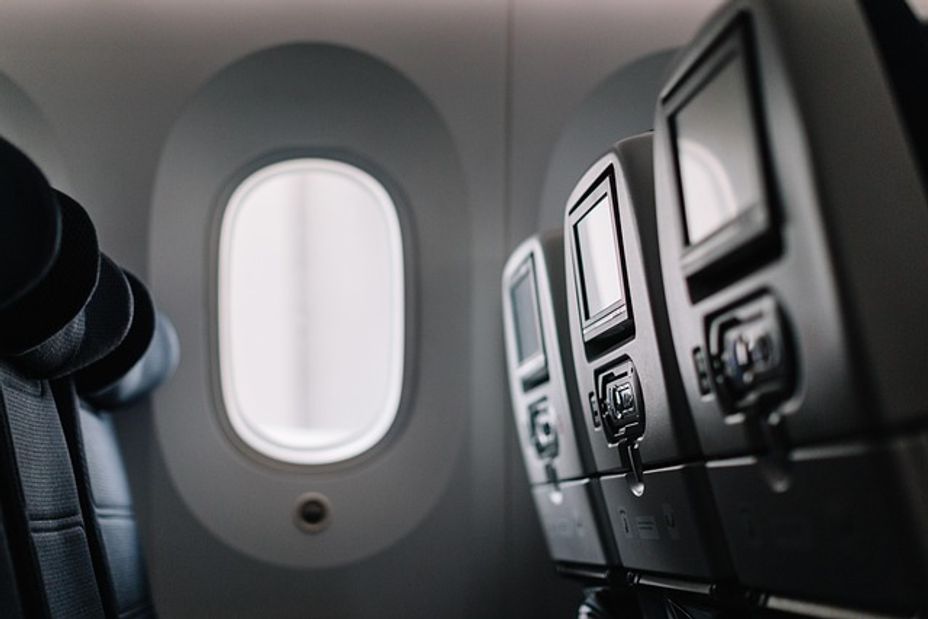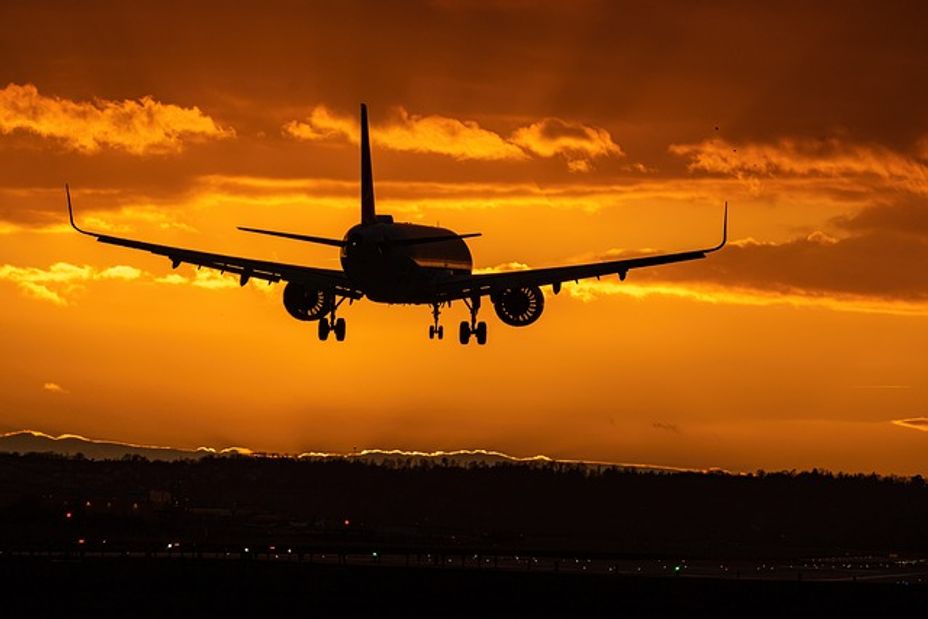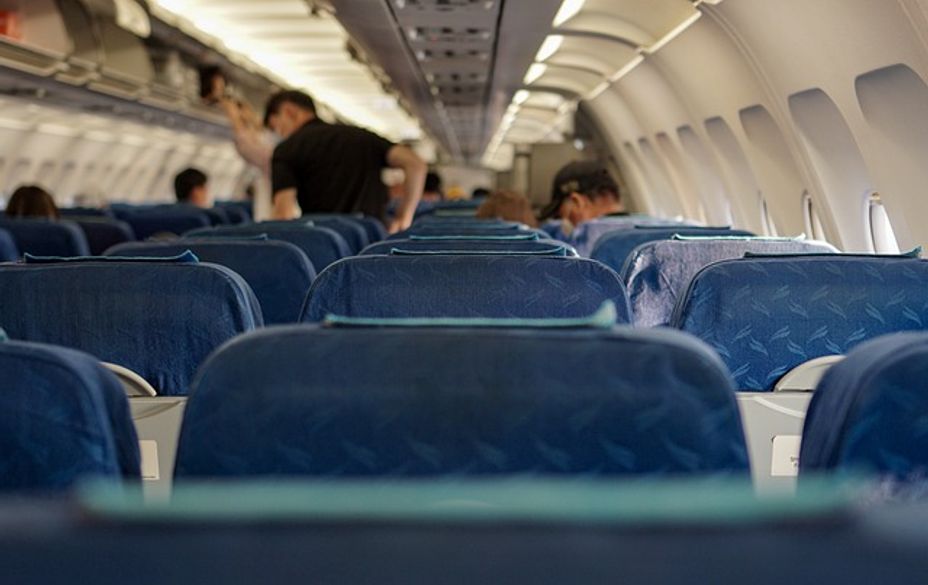Fear Of Flying: Why Anticipatory Anxiety Is So Powerful
If you've struggled with the anticipation of flying, you know first hand how torturous it can be to lead up to a flight when you're feeling fear, dread, panic, and anxiety. For some, the anticipation of the flight can be the worst part. While for others, it's one of several difficulties with fear of flying—takeoff, turbulence, cruise, etc. However, approaches to resolve anticipatory anxiety often miss the mark.
When you're feeling scared and panicked, the last thing anyone wants to hear is why they shouldn't be anxious, or that they should rationally be thinking about things differently. When you are scared, comfort, protection, reassurance, and safety is needed most. It's very hard to reason with emotions. While this may sound simple on the surface, the real complexity is that for people who struggle the most with flying anxiety, it can be difficult to really internalize reassurance and comfort when the danger and threat feels so real and imminent.
The Power Of Emotions Topples Rational Understanding
I've been noticing a recent increase in fear of flying courses offered by pilots and airlines. These courses generally try to explain why flying is safe, in the hopes that this understanding will quell a person's anxiety. Sometimes they may offer meditative or breathing exercises in the hopes that this will be enough. And, while they may have good intentions, these kinds of courses have mostly not done the trick for people (even if a select group of people have been helped by them). I've often had people come to me after trying these programs noting that they were interesting, but they still feel anxious about flying.
While pilots and airlines are experts in flying and aviation, their expertise isn't in emotional processes, trauma responses, anxiety, panic attacks, or mental health. These courses don't tend to get at the deeper flying anxiety issue. There can be a temporary relief brought on by the sense of understanding some details—which can actually be useful in the greater process—but this alone usually makes a minimal dent in the overall issue. When it comes time to fly and all of the overwhelming anxieties come charging back in, all of the knowledge and calming exercises are no longer accessible for most people and, even if accessible, generally aren't able to withstand the intense wave of emotions.
In reality, anticipatory anxiety stems from deeper emotional fears and experiences that are brought to the surface when moving towards flying. The closer you get to the flight, the less in control you feel, the more vulnerable and helpless you may feel, and the more desperate you may start to feel as the anxiety builds. It can be like you're in a completely different version of yourself that feels unrecognizable from who you usually are.
Anticipatory and Flying Anxiety Is An Internal Experience
What people who are trying to help often miss about anticipatory anxiety is that the experience all happens internally. It doesn't take place in the actual flying experience, it takes place removed from the experience—hence the anticipation. When sitting with this kind of anxiety, people can easily be flooded by their worst fears, projections, thoughts, and emotions. Everything they see and feel internally about the experience feels like is what they're going towards. If you see a plane losing control in your head, a part of you is going to feel the emotional preparation for a plane going out of control—rather than preparing internally for a typical safe flight.
It's very difficult to take in how many flights per day take off and land safely when in this fearful state. Instead, the focus becomes about the fact that there's not a one-hundred percent guarantee, that there's a catastrophe they see in their minds, or the unbearably overwhelming feelings of fear they're going to have to somehow sit and contend with for hours and hours during a flight. Feelings of agoraphobia (being trapped with no escape), and claustrophobia can also be parts of the anticipation. This doesn't only happen with thoughts, but also body sensations that can feel like panic and significant discomfort. The fact that something bad could remotely happen at all overrides any sort of reassurance. It's very hard to reason with emotions when the feeling is that the worst is going to happen.
Powerful Feelings
Anticipatory anxiety in fear of flying can make you feel like you're the one that the bad thing is going to happen to. The feeling is powerful. The mind comes up with so many possible threats, fears, what-ifs, and more. For some, the anxiety can continue into the flight—anticipating turbulence, or waiting for signs that something bad is about to happen. For others, once they are actually out of the anticipation and into the flight, they can settle down once reality can show them a different picture that the earlier thoughts.
When caught in the grip of anticipatory anxiety, there is often the sense that you're headed towards something bad, or dangerous. Something is a threat. In this state, there is no relaxing until you're able to identify the source of it—which can often mean people stay on edge looking for an issue to happen throughout the flight. It often doesn't just calm down when you don't find the actual threat. For some it might, but for many, it persists until you're able to locate an issue. This makes the experience of leading up to and during a flight feel fraught with anxiety, dread, and can even turn into panic attacks. Anticipatory anxiety and fear of flying plays out differently for everyone because the deeper source is different for everyone.
Overcoming Fear of Flying and Anticipatory Anxiety
When working with fear of flying, knowledge about planes and flying, and emotional regulation exercises (such as deep breathing) do very little to calm it. Both can be helpful as a secondary measure within the process, but once the emotions kick in they become much harder to rely on. Overcoming fear of flying involves helping the brain be able to internalize safety in the flying environment (the way you likely feel when getting into a car). Knowledge is "front of the brain". Emotions and lack of safety come from the "back of the brain". Working with the back of the brain is generally necessary in helping to calm deeper fears, and this opens the space to normalize flying.
#fearofflying #Agoraphobia #Claustrophobia #Anticipatoryanxiety #Anxiety #Phobia #PanicAttacks #MentalHealth



